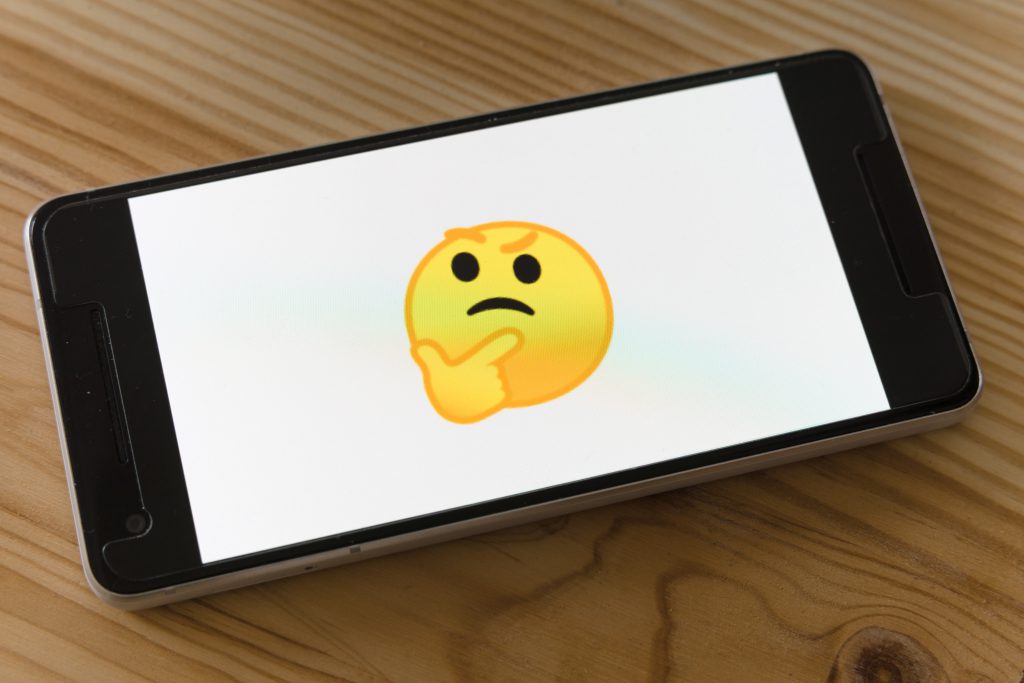
Exercise on an Empty Stomach Burns More Calories?
This is a concept widely held by many people. It is believed that eating leads to being overweight. Without the intake, together with exercise consumption, as the consumption is much greater than the intake, there will be a better effect of weight loss.
However, without food intake before exercise, the energy to exercise is not enough, thus undermining the effect and efficiency of exercise, or in severe cases, causing muscle loss. After exercising on an empty stomach, the human body may want some compensation. Given that exercise consumes a lot of calories, still, on an empty stomach, you will subconsciously indulge yourself with food, letting yourself eat more food instead.
However, it does not mean eating a full meal before exercise but appropriately having some food, such as bananas, bread, and other high-carbohydrate foods to replenish energy for exercise.
Proper nutritional supplements can increase exercise efficiency.
The More Exercise the Better?
Exercise is indeed an important way to keep healthy. However, to go beyond the limit is as bad as to fall short. Only a proper amount of exercise can make the body healthy. Our body muscles will feel tired. Next time, we will discuss in detail how to “strike a balance between exercise training and rest”.
In addition to the physical injury, the body and mind will also feel exhausted and unsustainable if the practice continues frantically all day with excessive exercise.
Proper rest is of great necessity. It not only avoids overtraining but also reduces the risk of sports injuries as muscles have time to rest and repair damaged muscles for the purpose of muscle growth.
Be nice to yourself. In the training plan, add a day of reduced training or a day off every 3 days. Relaxation at the appropriate time is also a necessary step in fitness.
No Sweating, Not Enough Exercise?
Many people take sweat as a measure of exercise quality, holding that the greater amount of sweat proves that the training intensity and time are up to the standard.
However, the mechanism of sweating is affected by many factors, including the environment, weather, temperature, body fat percentage, and clothing. As all these factors have an influence on the sweating of the body, the amount of sweat cannot simply be used to represent the exercise intensity.
The intensity and time of exercise should be judged based on the heart rate. Only the heart will not deceive you. For some people whose body has a strong ability to adjust the temperature, as the sweat drops with several movements, it does not mean that the exercise intensity is reached.
Drinking-Water During exercise May Cause Cramp?
Cramp is sudden involuntary muscle contractions that cause stiffness and pain in the body. Emotional stress, lack of minerals such as magnesium and calcium, excessive water loss, and electrolyte imbalance can cause cramps.
Drinking water during exercise will not cause cramps. The only connection between drinking water and cramp should be: Drinking no water during exercise, but drinking too much after that at a time will cause electrolyte imbalance in the body, thus leading to cramps. Drinking too much water at a time will form a physical burden, making physical discomfort.
The best way to replenish water is to drink water continuously. During exercise, even if not thirsty, drink about 100 cc of water. If the exercise lasts for a long time, have sports drinks to help replenish the salt and energy lost during exercise.
Correct fitness knowledge, together with continuous exercise, makes satisfactory fitness results.







